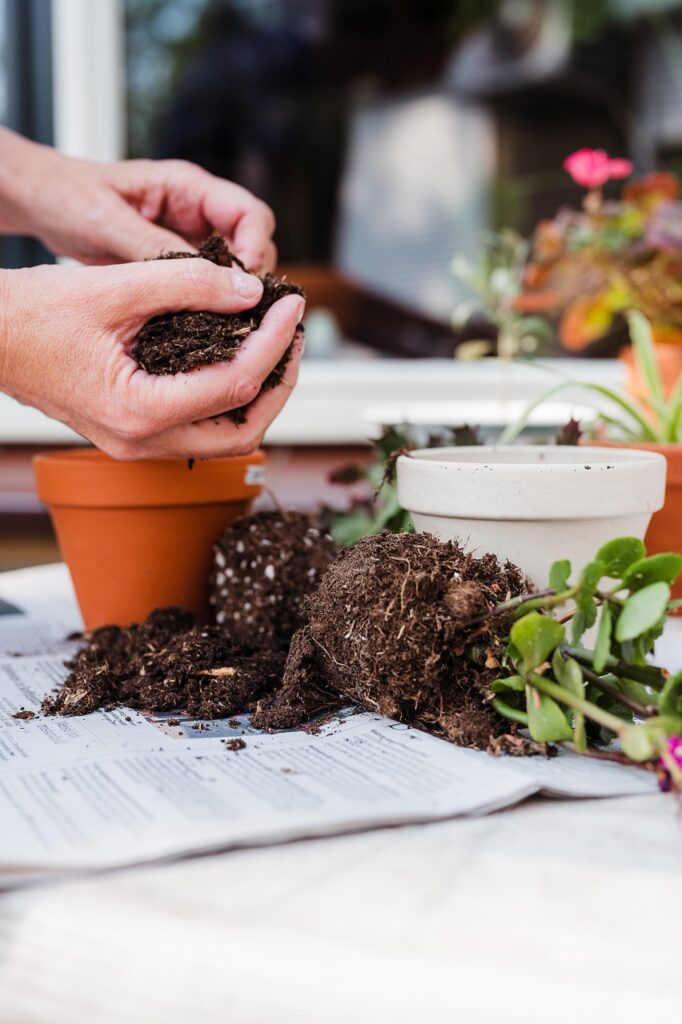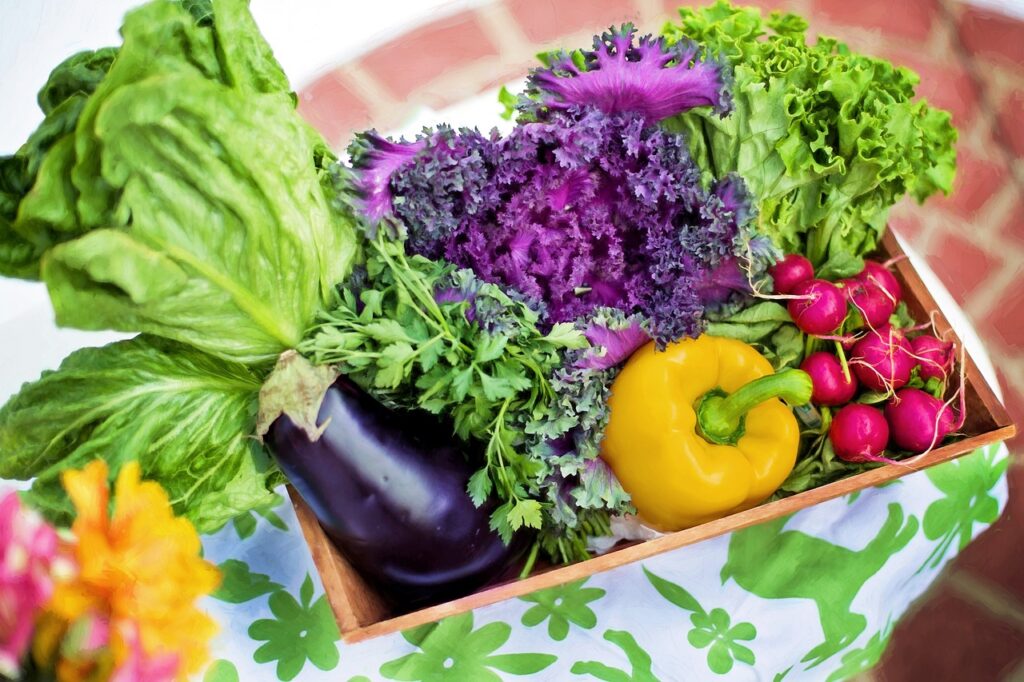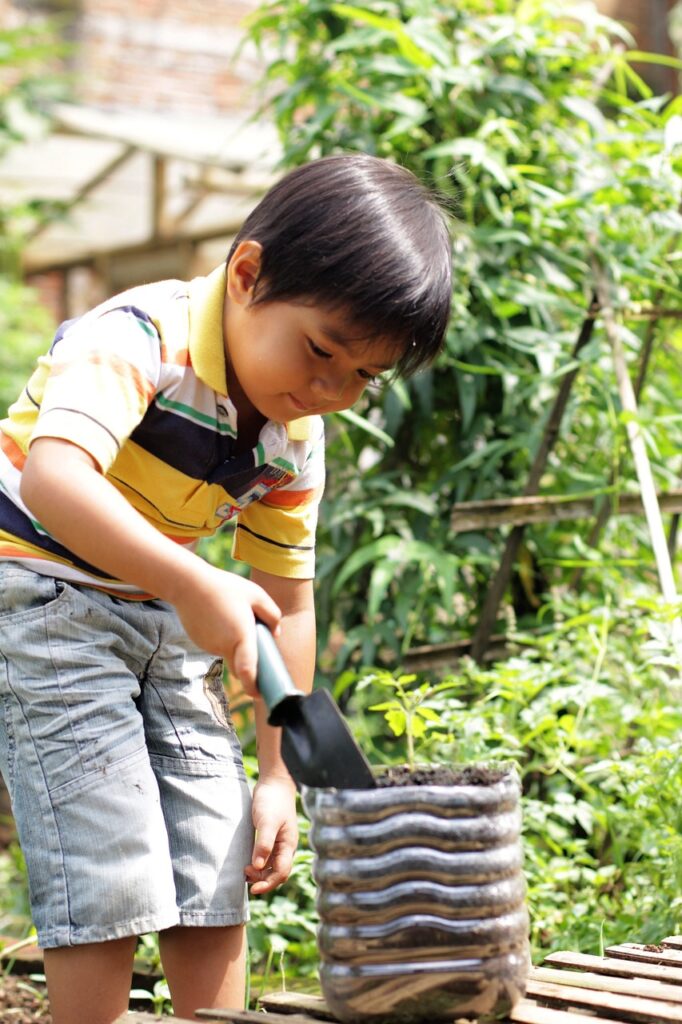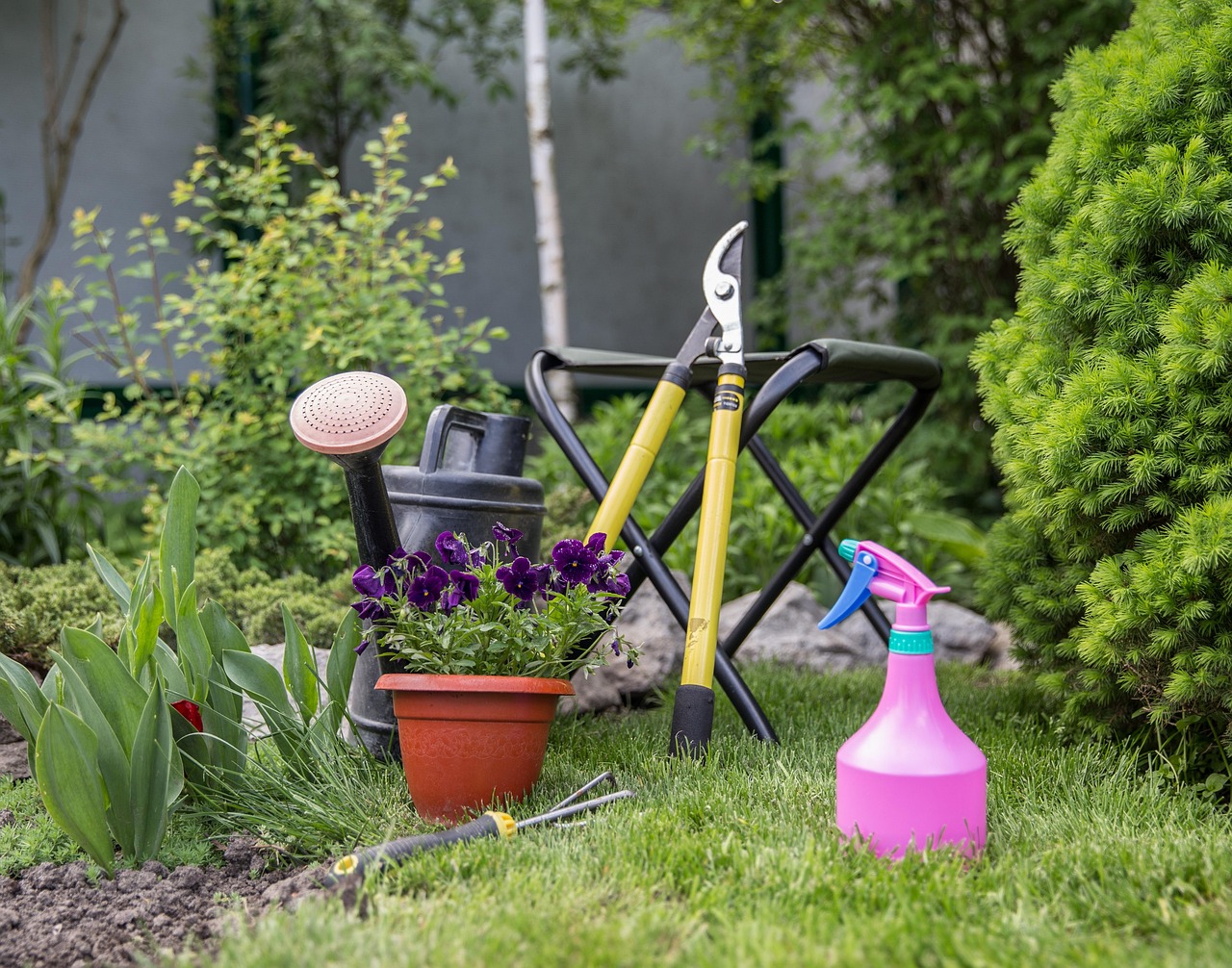Gardening is often seen as a serene pastime, but it is so much more than simply planting flowers or vegetables. Beyond the satisfaction of nurturing plants, it offers a wealth of physical, mental, and emotional health benefits. From improving fitness to boosting mental well-being, the act of tending to a garden can transform lives in life-changing ways.
Let us explore the many ways gardening enhances health and why it is worth embracing, regardless of your age or lifestyle.
Gardening as a Full-Body Workout
Gardening is an underrated form of exercise that provides moderate-intensity physical activity. Tasks such as digging, planting, weeding, pruning, and raking engage various muscle groups, improving strength, flexibility, and coordination. For those who dislike conventional workouts, gardening offers a fulfilling way to stay active.
Studies reveal that just 30 to 45 minutes of gardening can burn between 150 and 300 calories. This makes it an excellent way to manage weight and lower the risk of chronic conditions such as heart disease, diabetes, and obesity.
Movements That Strengthen Your Body
- Digging and hoeing work your arms and shoulders.
- Squatting to plant seedlings engages your legs and core.
- Carrying watering cans or soil bags builds overall strength.
- Raking and pruning enhance flexibility and balance.
These activities improve cardiovascular health, strengthen muscles, and enhance joint mobility—all while you are absorbed in nurturing your plants.
Vitamin D: A Natural Boost
Gardening outdoors exposes you to sunlight, which helps your body produce vitamin D. This vital nutrient strengthens bones, supports immune function, and regulates mood.
However, it is important to wear sunscreen and protective clothing to avoid sunburn.
Mental Health: A Natural Antidepressant
Gardening is a proven stress reliever. The combination of fresh air, greenery, and tactile engagement with soil fosters relaxation, reduces anxiety and improves mood. This is partly due to a fascinating microbe found in soil, Mycobacterium vaccae, which stimulates serotonin production in the brain. Increased serotonin levels are associated with reduced stress and a sense of happiness.
Mycobacterium vaccae is a nonpathogenic bacterium naturally present in many soils, particularly those rich in organic matter. Its distribution is influenced by factors such as soil composition, moisture, temperature, and pH levels. Studies have shown that mycobacteria, including M. vaccae, tend to have higher relative abundances in cool, wet, and acidic soil environments.
The calming sensory experiences of gardening—the feel of the soil, the sight of flourishing plants, and the sounds of nature—promote mindfulness and help counteract the stresses of daily life.

The Microbiome Connection
Handling soil introduces your body to diverse microorganisms, which can positively influence your microbiome—the community of microbes living in and on your body. Benefits include:
- Enhanced Gut Health: Studies show that gardeners have a more diverse gut microbiome, which supports digestion and immune function.
- Improved Skin Microbiome: Regular contact with soil can increase the diversity of bacteria on your skin, potentially improving skin health and boosting immune defences.
Gardening for Immune Function
Regular exposure to soil microbes not only enhances mental well-being but also strengthens the immune system. This natural interaction trains your immune system to respond appropriately to environmental challenges, reducing systemic inflammation—a major contributor to chronic diseases.
The Hygiene Hypothesis
Modern lifestyles often limit exposure to anti-inflammatory, immune-modulating microbes naturally present in the environment ,contributing to increased allergies and autoimmune conditions.
Gardening provides a natural way to reintroduce these microbes into your daily life.
For children, playing in the garden can reduce the risk of allergies and asthma.
For adults, it helps lower systemic inflammation and fortifies immune resilience.
A Boost for Cognitive Health
Gardening is not just physical; it is also a mental workout. Planning layouts, solving problems (such as pest control), and learning about plant care engage the brain and improve cognitive function.
Studies suggest gardening can enhance memory, attention, and decision-making skills. Even more compelling, regular gardening has been linked to a 36% lower risk of dementia, making it a valuable activity for older adults.
Better Sleep Through Gardening
If you struggle with sleep, gardening might hold the key. The physical exertion, exposure to natural light, and calming effects of being in nature help regulate your body’s internal clock or circadian rhythm.
Sunlight, particularly in the morning, plays a crucial role in aligning your sleep-wake cycle. It influences melatonin production, which helps you fall asleep more easily at night. Gardening also reduces stress, further promoting restful sleep.
Homegrown Nutrition
Growing your fruits, vegetables, and herbs gives you direct access to nutrient-rich food that’s free from preservatives and pesticides. Homegrown produce is fresher, tastier, and often more nutritious than store-bought alternatives.
Cultivating your garden encourages healthier eating habits, as you are more likely to incorporate fresh produce into your meals. It also fosters a deeper appreciation for food and supports sustainable living by reducing reliance on packaged goods.

Social and Emotional Benefits
Gardening is not just a solitary pursuit—it can also strengthen social connections. Community gardens and allotments bring people together, fostering friendships and a sense of belonging. Sharing tips, seeds, or simply working alongside others builds camaraderie and helps combat loneliness.
Even in private spaces, gardening provides emotional rewards. Watching plants grow and thrive can instil a sense of purpose and achievement, grounding you in the present moment.
Gardening and Environmental Benefits
Gardening is as beneficial for the planet as it is for your health. Here is how your garden contributes to a healthier environment:
Carbon Sequestration
Plants absorb carbon dioxide through photosynthesis, helping to mitigate climate change. Trees and shrubs are particularly effective at sequestering carbon, but even small plants play a role.
Reduced Carbon Footprint
Growing your food reduces the need for transportation and packaging, cutting down on fossil fuel use and plastic waste.
Improved Air Quality
Plants filter pollutants from the air, acting as natural purifiers. In urban areas, gardens can serve as “green lungs,” improving local air quality.
Biodiversity Support
Gardens provide habitats for pollinators like bees and butterflies, as well as birds and small mammals. Native plants, in particular, support local ecosystems and enhance biodiversity.
Cooling Urban Areas
In cities, gardens reduce the “heat island effect,” where concrete and asphalt trap heat. Green spaces provide shade and cooling, reducing energy consumption for air conditioning.

Gardening Across All Ages
One of the most appealing aspects of gardening is its accessibility. Children can learn about nature by planting seeds, while older adults can benefit from its low-impact physical activity. Gardening can be scaled to suit any space, from a small balcony to a large allotment, making it an inclusive activity for everyone.
For children, gardening fosters curiosity, responsibility, and outdoor play. For older adults, it promotes independence, reduces the risk of chronic illnesses, and offers a way to stay active without strain.
Conclusion
Gardening is a remarkable activity that offers a unique combination of personal health benefits and environmental impact. It improves physical fitness, boosts mental health, strengthens immunity, and even enhances cognitive function. At the same time, it helps combat climate change, supports biodiversity, and promotes sustainable living.
Whether you are growing vegetables for your kitchen, flowers for beauty, or trees for shade, gardening allows you to connect with nature in a deeply fulfilling way. It is an activity that nourishes both body and soul while contributing to a healthier planet.
So why not start gardening?
Begin with a few pots or a small patch of soil, and watch as your garden—and your wellbeing—thrives. Not only will you enjoy the satisfaction of growing your plants, but you will also reap the countless benefits that come with it.
Happy gardening!
References
1.Thompson R. (2018). Gardening for health: a regular dose of gardening. Clinical medicine, 18(3), 201–205. https://doi.org/10.7861/clinmedicine.18-3-201
2.Lifestyle factors and risk of dementia: Dubbo Study of the elderly
https://doi.org/10.5694/j.1326-5377.2006.tb00120.x
3. Lowry CA, et al., Identification of an immune-responsive mesolimbocortical serotonergic system: Potential role in regulation of emotional behavior, Neuroscience (2007), doi: 10.1016/j.neuroscience.2007.01.067
4. Walsh CM, Gebert MJ, Delgado-Baquerizo M, Maestre FT, Fierer N. 2019. A global survey of mycobacterial diversity in soil. Appl Environ Microbiol 85:e01180-19. https://doi.org/10.1128/AEM.01180-19.
This article is not intended to replace professional medical advice. If you have specific health concerns or conditions, consult with a healthcare professional for personalised guidance.
Disclaimer: The information provided in this article is for educational purposes only and should not be considered as medical advice. Always consult with a healthcare professional before making any changes to your diet or lifestyle.



